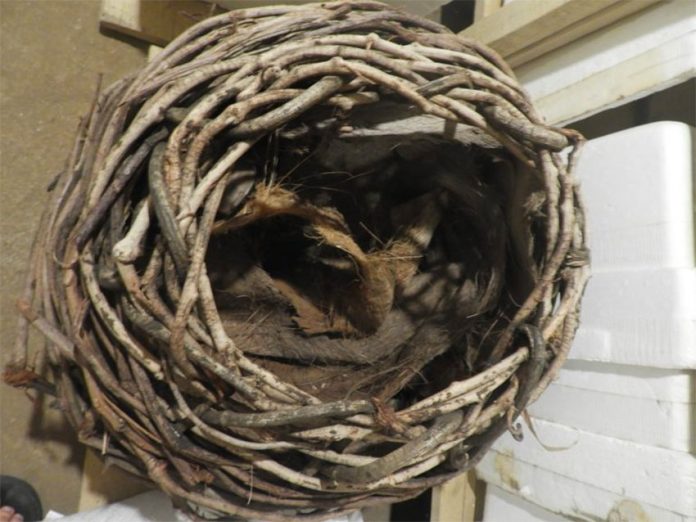Sea turtle conservationists have a pair of citizen-scientists in Puerta Vallarta to thank for a new affordable and more environmentally friendly way to incubate the eggs of threatened sea turtles.
Karla de la Pena and Jorge Bolivar, two friends from Puerta Vallarta, recently won the “Build a Better Box” contest sponsored by the U.S. and Mexico-based foundations Sea of Change and The Science Exchange.
The contest’s goal was to invent a better alternative for conservationists wanting to incubate sea turtle eggs than the nonbiodegradable Styrofoam coolers currently used around the world.
“I’m so proud of our interns, grateful for all the innovative design contest entries, and excited about the results of this first step in finding a sustainable alternative for incubating sea turtle eggs,” said Katherine Comer Santos, director of the Science Exchange International Sea Turtle Internship Program, which was responsible for building and testing the prototypes.
“Hopefully we can kick the Styrofoam habit and make our sea turtle conservation projects green all over the world.”
De la Pena, owner of an ecotour company for divers, and Bolivar, a restaurateur, designed a simple, biodegradable woven basket inspired by the wild vines and palms that surround them in Puerta Vallarta.
The Science Exchange officials said the pair’s easy-to-create incubator met all the contest’s requirements: that it be sturdy and light while allowing gas exchange; that it maintain a constant temperature around 30 C; that it keep out predators; that it be nontoxic, biodegradable or use post-consumer material; and that it be low-cost and easy to assemble.
The pair received a cash prize and a trip to the nesting beach in San Pancho, Nayarit, where The Science Exchange built and judged all the contest finalist prototypes this past summer. Each prototype was filled with 23 kilograms of moist sand and a thermometer and stayed on the beach under an incubation tent for 45 days, the average time it takes for olive ridley turtle eggs to hatch.
Worldwide, many vulnerable sea turtles’ nesting beaches are managed by humans to protect the nests from poaching and other threats. The Styrofoam coolers are a low-cost, effective way to ensure nest protection and temperature control, but they have a low recycling rate, especially in many of the tropical countries working to protect the turtles.
In addition, Styrofoam is a pervasive and persistent marine pollutant that can be ingested by fish, seabirds, sea turtles and marine mammals.
The sphere-shaped woven basket designed by de la Pena and Bolivar was made of a dried Mexican tropical vine called cuamecate and lined with natural palm fiber.
Science Exchange officials said they particularly liked the fact that a secure lid could be easily added to the basket’s design, that it was cheaply and easily made and that local communities could learn to construct the boxes as a source of income.
Mexico News Daily
